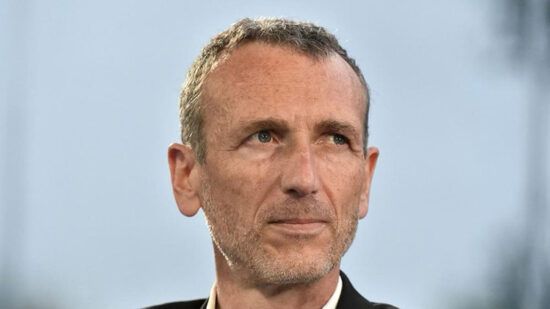There is little doubt that sustainable and responsible investment (SRI) remains a dominant theme for the investment management industry and that the energy transition, in particular, is a long-term concern (and opportunity) for investment managers and investors and savers around the world.
However, we must also recognise that in the near term, the environment for SRI products has become more challenging and uncertain.
Cost-of-living crisis
There are multiple factors and complex reasons contributing to this. First, client needs and behaviours are changing due to the on-going cost-of-living crisis. The IA 2022 consumer research demonstrates that financial objectives continue to outweigh non-financial objectives for many retail investors and indeed, inflows to sustainable investment funds in the UK have slowed down amid difficult personal economic circumstances.
The IA’s annual Investment Management Survey shows net retail inflows to SRI funds were strong in 2020 (£11.7bn) and 2021 (£15.9bn), but as inflation pressures intensified and interest rates were raised, flows to SRI funds in the UK dropped to £5.4bn in 2022.
Politics
Second, we are seeing a more prominent interaction between current economic and political developments and the build-up of ESG momentum in recent years. The central focus globally remains on climate change (and investment managers are looking forward to contributing to the solution at the upcoming COP28 summit).
However, climate is only one of a number of issues within the sustainability sphere and the UN Sustainable Development Goals, for example, cover critical areas of social and environmental policy that may be politically contested. The debate over energy security and investment in weapon production further illustrates such possible differences over definition and prioritisation.
The same goes for the US debate on the topic, which has focused on climate change, but actually raises a broader point about what fiduciary responsibility means and the role of investment managers and market-driven agency in engineering change more broadly.
Regulation
Finally, we must recognise the role of regulatory expectations in the future direction of SRI. Regulators around the world are continuing their focus on sustainable finance rules with an increasing emphasis on data and higher disclosure standards for such products.
In the UK, we are on the cusp of having a new Sustainable Disclosure Requirements regime for investment funds, which will also include sustainable investment labels. This is expected by the end of the year and will no doubt be informed by the recent FCA supervisory review into how firms have embedded the FCA’s 2021 Guiding Principles on ESG funds’ design, delivery and disclosure.
This is against a backdrop of a review to the EU’s Sustainable Finance Disclosure Regulation, including the possible evolution of the disclosure requirements for funds, views on the potential establishment of a new labelling system and indeed, interaction with other sustainable finance legislation.
Across the pond, the US SEC also has several ESG-related rules expected to be finalised by the end of this year, not least the amended fund naming and marketing rules, which will restrict which funds can include ESG-related terms in the fund’s name. This complex regulatory landscape reinforces the need to have globally consistent and comparable sustainable finance standards both for industry but crucially, for client outcomes.
While navigating this changing environment, investment managers are staying firmly focused on client outcomes and on improving the ways our industry describes, delivers and communicates with customers in this important market. It is this commitment to clients and client outcomes that has dominated our industry’s thinking as the sustainable finance policy agenda develops.
We have already taken steps to put in place an industry-wide framework to define responsible investment approaches, and guidance on how to communicate with savers – but more needs to be done and we are eager to engage with all relevant stakeholders to overcome challenges, continue to create a reliable foundation for SRI and ultimately deliver the best possible outcomes for clients.








